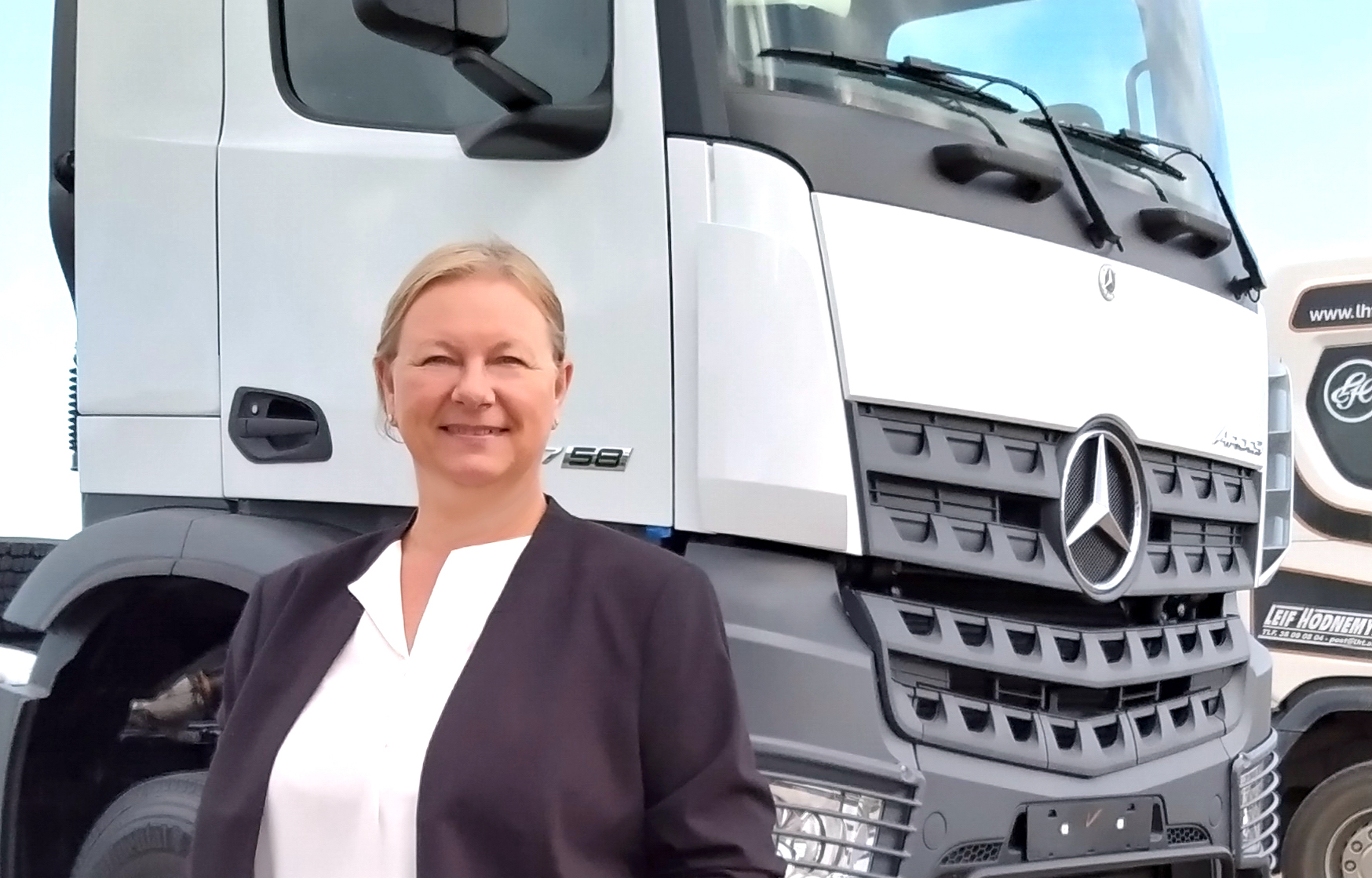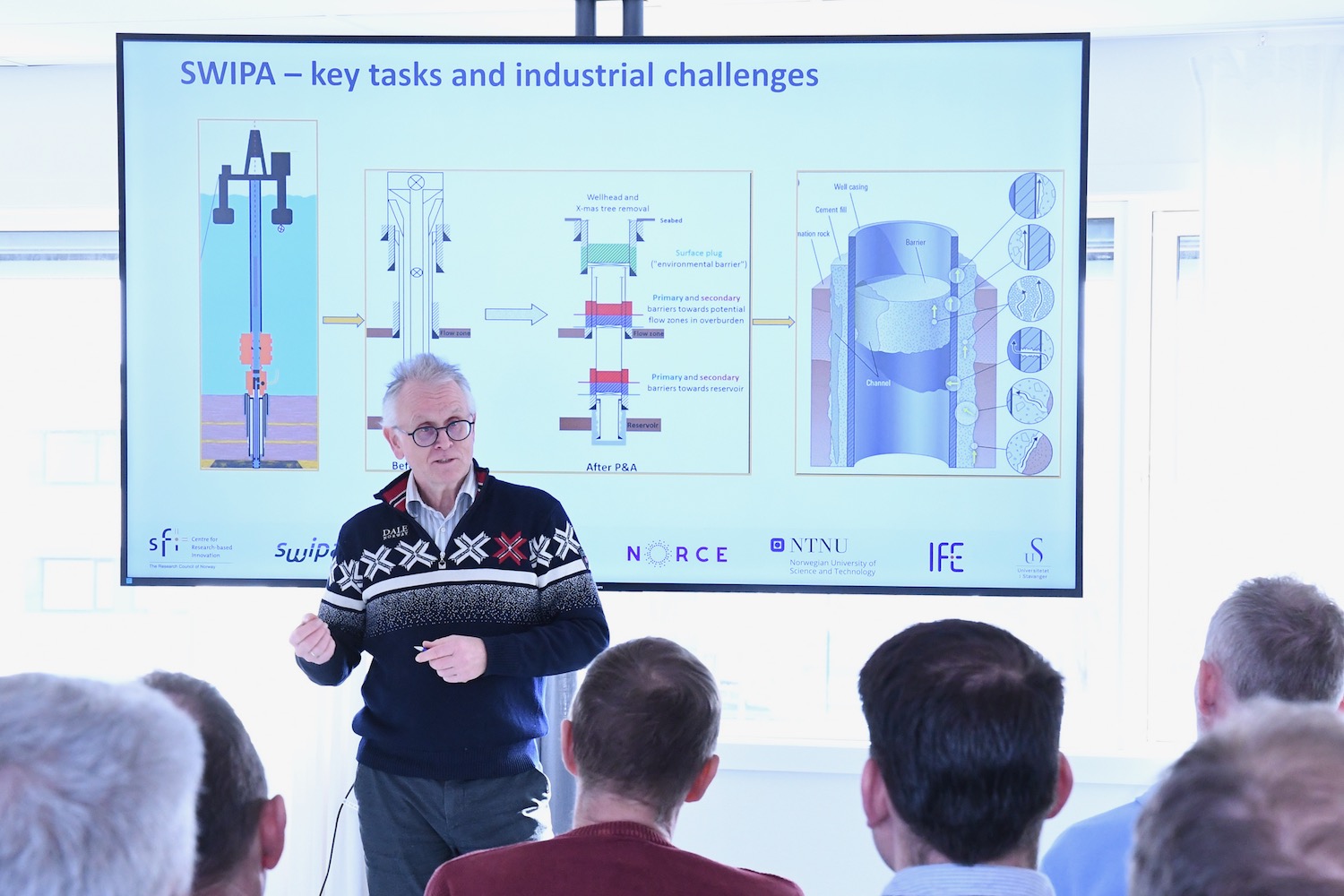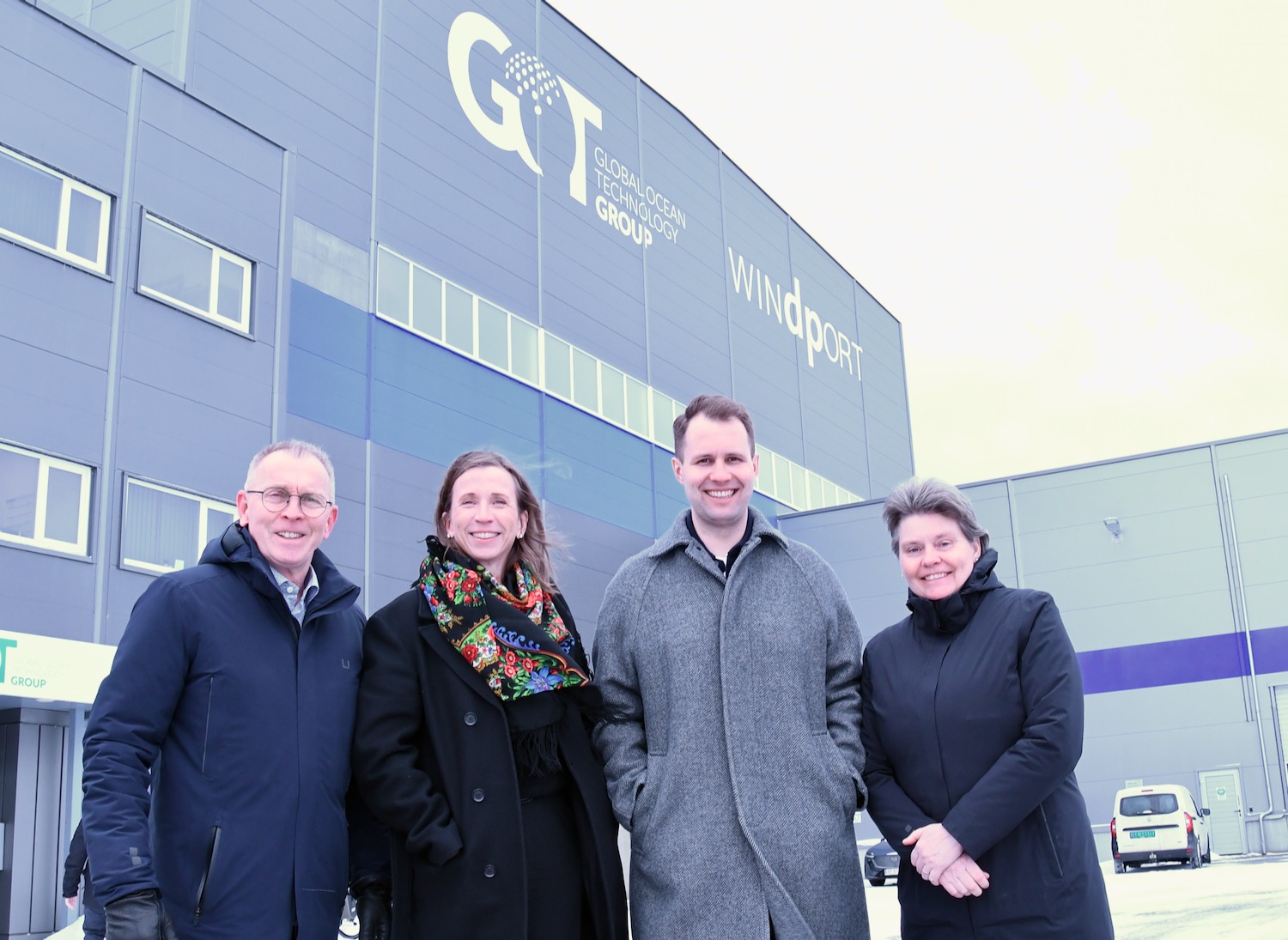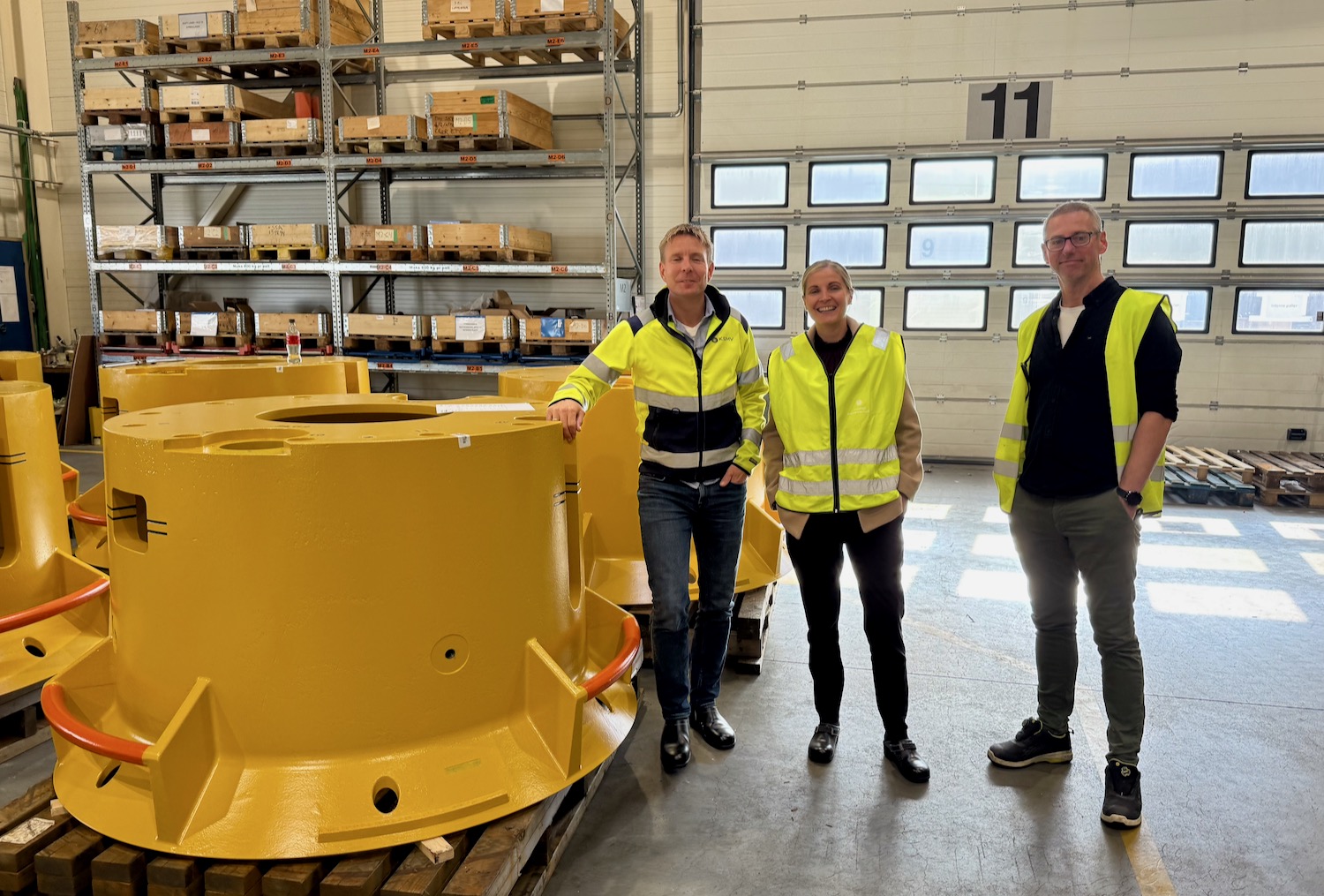“This is fantastic! I am really proud that we, as a small and relatively new company, manage to position ourselves to take part in a large and public technology initiative targeting the transportation industry. This is an important recognition of our project and of our plans for the future,” says Birgith Rosseland, founder and CEO of Always Cargo which recently was accepted as a GCE NODE participant.
The allocation from the The Research Council of Norway comes from Pilot-T funds granted by the Ministry of Transport and Communications. The purpose of Pilot-T is to stimulate companies to develop smart solutions for an efficient, safe and environmentally friendly transport system in collaboration with the public sector, research institutions and other business partners.
Always Cargo aims to minimize cargo-less driving by making it easier to find loads for heavy transportation vehicles,” Rosseland explains.
According to figures from Statistics Norway, 30 per cent of trucks are empty at any given time. This contributes to low value creation and unnecessary climate emissions.
“We are trying to solve a huge challenge. Supported by a researcher at Molde University College, we have started to crack the code,” says Rosseland.
She wrote the application for Pilot-T together with business developer Wenche Wehus, and without any external help. Wehus is an important part of the Always Cargo team, and she will lead the Pilot-T project. The main goal is to develop an efficient and innovative solution that will match available capacity with suitable loads in a new, digital system.
According to Rosseland, automated matching will be a win-win for all parties involved. Both buyers and sellers of transportation services will achieve significant benefits, such as increased earnings and less administration, while society will gain environmental benefits, such as less cargo-less driving and prioritization of green transport.
“Always Cargo welcomes customers on all sides of the table, both carriers, buyers and freight forwarders. Everyone in the market place who has spare capacity or those who are in need of this capacity, will benefit from our system,” Rosseland explains.



